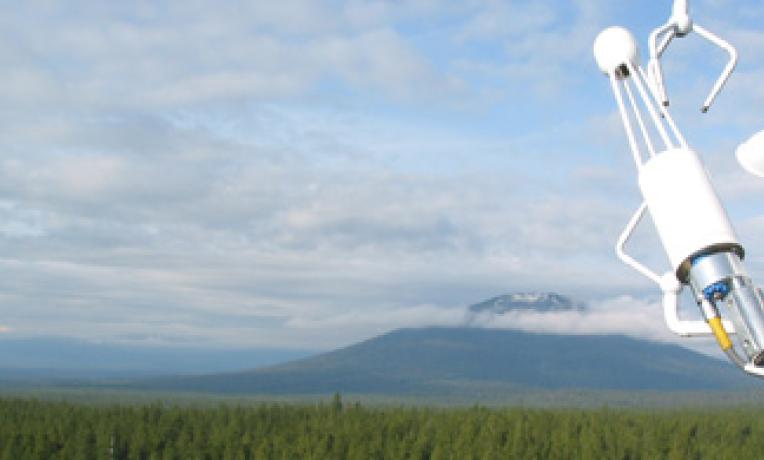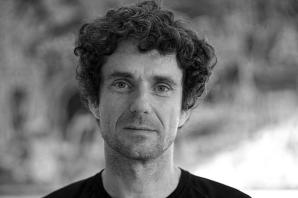Forests to combat global warming
The DOFOCO project aims to better understand how forests can help lessen the effects of global warming, by bringing together advanced models and data from the life and earth sciences. Such research takes an additional dimension this year, in the context of the United Nations International Year of Forests 2011.

Global warming is due to an increase in greenhouse gases, such as carbon dioxide (CO2), in the atmosphere. Forests could play a role in cooling the atmosphere as they are important natural ‘sinks’ that absorb CO2 for their photosynthesis. But this is only one of the ways in which forests interact with the climate. Because of their darkness, forests tend to absorb more heat than for example grasslands, and their woods can be used as an alternative for fossil fuel. Finally, forests have an impact on the climate through the transpiration of water of tree leaves and subsequent cloud formation.
Forest management has become a priority in politics as globally 70% of forests are maintained or exploited by man. Forest management is currently optimised in terms of wood production, largely ignoring its effects on the climate system. Dr. Sebastiaan Luyssaert and his team will use advanced models and extensive data from global monitoring networks to quantify the effects of the world's managed forests, ranging from short rotation coppices to old-growth forests, on the climate system.
This will allow a new approach to forest management that would satisfy the societal demand for wood, recreation and nature while contributing to lessen the impact of global warming.
Belgian-born, Dr. Sebastiaan Luyssaert develops his current ERC research project at the Commissariat à L’Energie Atomique et des Energies alternatives (CEA) in France. His interests are centred in forest ecology and forest management and he was involved in the FP7 project CarboEurope-IP that estimated the European carbon balance, including the carbon balance of European forests*. Some of the findings resulting from his research in Finland (Marie-Curie Fellowship) were included in the 2003 European Parliament report ‘The condition of forests in Europe’.
Glossary:
- Forest management is the method of managing all the forest’s resources, wildlife, wood, soil, water, and keeping track of the economic, legal and social aspects linked to forestry.
- A carbon sink absorbs more carbon from the atmosphere than it releases.
- A carbon source releases more carbon to the atmosphere than it absorbs.
- Respiration is a reaction that happens in cells, converting nutrients (sugars) and oxygen into carbon dioxide (CO2) and water. Photosynthesis is driven by sun light and converts carbondioxide and water into sugars and oxygen.
- Short rotation coppice is a high yield energy crop such as poplar or willow trees, used for fuel.
- Old-growth forest or primary forest is ancient woodland that has not been managed for centuries.


